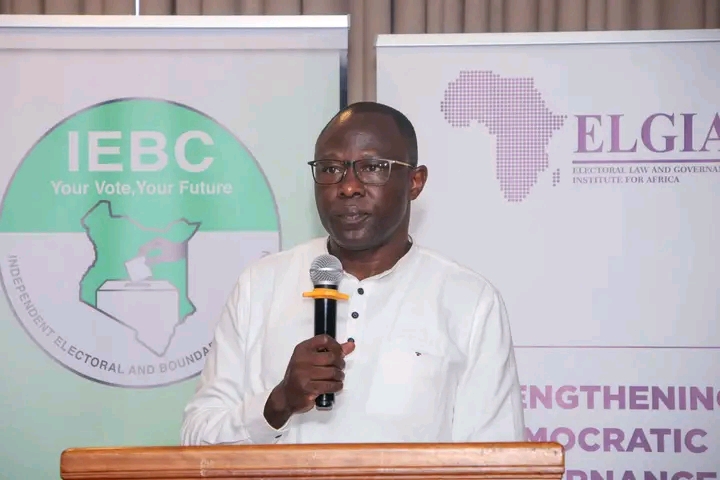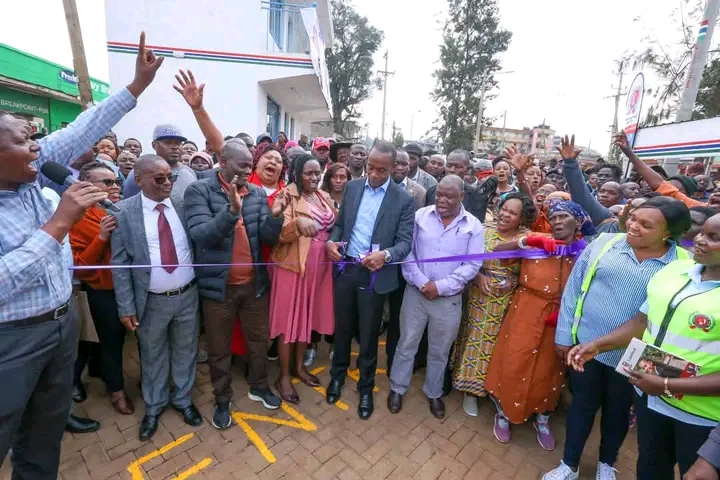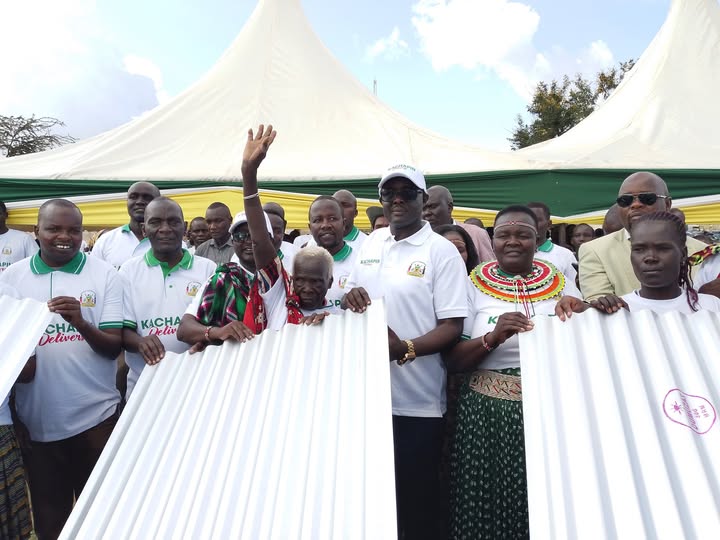Gov’t Eyes Ksh. 6B Interest Waiver to Unlock Land Titles for Thousands of Kenyans
The government is proposing a Ksh. 6 billion interest waiver to help Kenyans access long-delayed title deeds. This move targets beneficiaries of settlement schemes burdened by unpaid fees. Over 33,000 deeds remain uncollected in Malindi alone.
Lands ministry seeks Ksh 6 billion interest waiver to unlock land ownershipSpeaking during the official opening of the Malindi Land Registry, Ms. Wahome said she had already prepared a Cabinet memo and submitted it to the Attorney General and the Cabinet Secretary in charge of the National Treasury, with the aim of having the interest on the fees waived.
Posted by K24 TV on Friday, July 18, 2025
In a landmark announcement that could transform land ownership across Kenya, Lands Cabinet Secretary Alice Wahome has proposed a waiver of over Ksh. 6 billion in interest accrued on unpaid settlement fees. The move aims to unlock thousands of land title deeds that have remained unclaimed for years due to the financial constraints faced by beneficiaries of government-sponsored settlement schemes. The government seeks to address long-standing barriers that have denied many Kenyans access to formal land ownership.
Speaking at the official opening of the Malindi Land Registry, Wahome revealed that she had submitted a Cabinet memorandum to facilitate this waiver. The document has been formally presented to both the Attorney General and the Cabinet Secretary for the National Treasury for review and approval. She added that consultations with President William Ruto on the matter had already taken place, signaling high-level political support for the plan.
The Cabinet Secretary stressed that the interest accumulated on the original settlement fees has been a significant obstacle to land ownership, especially for low-income Kenyans. Many beneficiaries of the Settlement Fund Trust (SFT) have been unable to offset these costs, making it impossible for them to secure the official title deeds to their land. This situation has left generations of families in legal limbo regarding their rightful ownership.
According to Wahome, the waiver will alleviate this burden and open the door for thousands to finally claim what is legally theirs. She explained that the fees themselves were often modest, but the compounded interest over time had rendered them unaffordable. Removing this interest is seen as a way of restoring justice and encouraging beneficiaries to come forward and collect their documents.
The proposal has received strong support from leaders in the coastal region. Kilifi Governor Gideon Mung’aro and various Members of Parliament from the area praised the initiative, saying it could empower thousands of residents who have been excluded from formal land ownership due to the prohibitive cost of accrued interest. They believe the waiver could transform local economies and resolve land-related disputes that have persisted for decades.
Wahome also highlighted a concerning backlog in the issuance of title deeds. She noted that more than 33,000 title deeds remain uncollected at the Malindi Land Registry alone. This figure underscores the depth of the problem and the urgency of implementing reforms to ease access to land documents. The uncollected deeds are symbolic of a wider national issue affecting other counties as well.
To address the historical delays in land regularization, Wahome directed her ministry to expedite the closure of all pending settlement schemes, some of which date as far back as the 1960s. This will allow rightful landowners to receive their title deeds and help clear inherited bureaucratic inefficiencies. Her directive calls for faster verification processes and improved public outreach to inform communities about their rights.
If approved, the interest waiver would form part of a broader government strategy to improve land governance, promote equity, and spur development by releasing dormant land assets into productive use. For many Kenyans, especially in rural areas, this move promises not just ownership, but security, dignity, and the potential for economic empowerment through formal land tenure.













